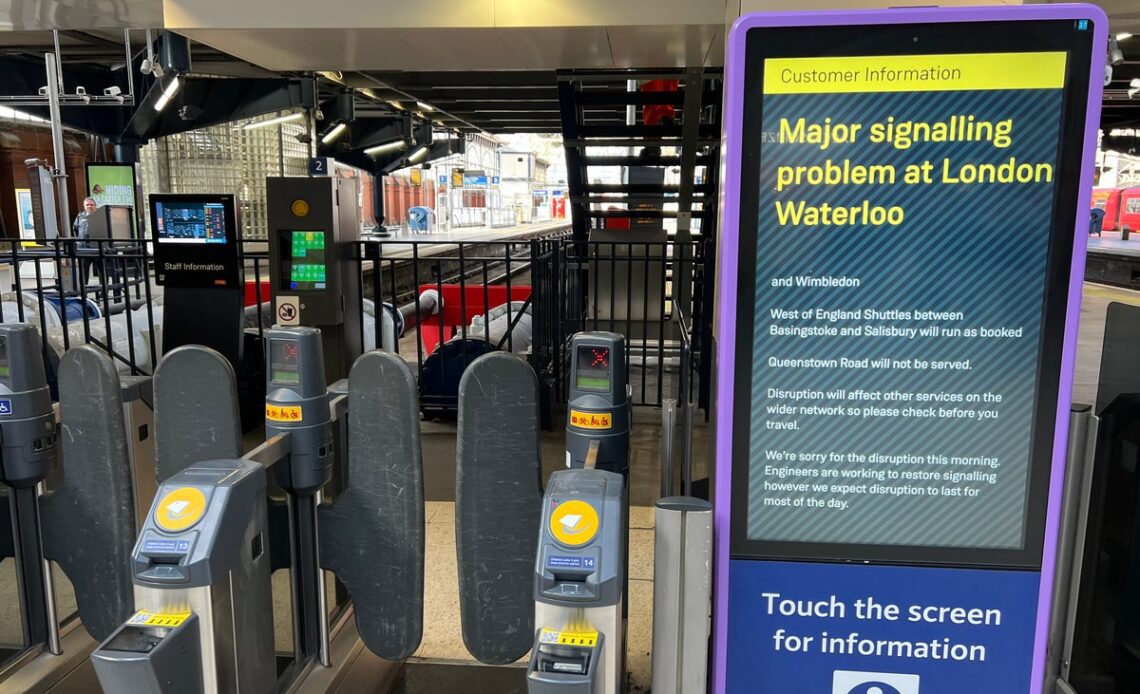The easiest gig in journalism: writing about how rubbish are the railways in Britain.
Most people are not regular train travellers, and a good few seem to take vicarious pleasure in reading about the misfortunes of those of us who rely on rail. It fits the prevailing narrative that the country is going to the dogs: what more proof do you need beyond evidence that travelling around the country by train is terrifyingly expensive and fundamentally unpredictable?
Now, leaked documents seen by The Independent show that Network Rail has privately admitted that it does not have enough money to continue running the tracks at their current standard, as it battles with rising costs, crumbling infrastructure and the effects of the climate crisis.
Train companies and railway staff extract a remarkable level of performance from our creaking Victorian network, but the signs of physical strain on its infrastructure are already starting to appear – and according to Network Rail’s own predictions, it’s just going to get worse.
All this comes after a frustrating 10 months for rail passengers, who have been unable to look forward to journeys more than two weeks ahead without the possibility of strikes thwarting their plans.
That long and bitter dispute between the RMT union and the train operators contracted by the government may now be approaching its endgame: an improved offer is being considered by the leadership. Yet even when the RMT and the drivers’ union finally settle, bunting will be in short supply, because of the decrepit state of the industry – from toxic industrial relations to the points and signals on the network.
TransPennine Express blames “higher-than-normal sickness levels” for its inability to run the planned timetable, necessitating many planned cancellations. Yet the train operator is also cancelling many trains on the day. A Monday-evening departure from Manchester Airport via Leeds to York was one of dozens of trains axed at less than 24 hours’ notice on 17 April “due to a short-notice change to the timetable”.
Unions and passengers will chorus: “Then get more staff.” TransPennine Express points to its “training backlog as a direct result of Covid”. A much broader direct result of Covid is the collapse in revenue. The UK, like other European countries, has long subsidised many rail services as a social…
Click Here to Read the Full Original Article at The Independent Travel…
